
By Hanks Saisai
The 2023 – 2024 rainy season was characterized by below-average rainfall in many crop producing regions of Namibia. These conditions have resulted in dire consequences on the food security levels of many households in rural settings and Namibia at large as many farmers rely on rainfall to produce staple grains (Maize, Mahangu, and Sorghum) and other crops such as beans and groundnuts.
Given this situation, farmers are advised to devise strategies to cope with dry spells and other setbacks that they may encounter due to poor rainfall conditions.
The first strategy that farmers can implement is to ensure that land clearing and preparation is done before the onset of the rainy season (preferably during the period of September to the 3rd week of October). At this stage, farmers are encouraged to incorporate cattle manure into the crop fields to increase the fertility levels of the soil. If possible, farmers are also advised to add traces of biochar to the soil to help improve the water retention capacity and drainage of the soil.
The second recommended strategy is for farmers to consider the use of indigenous grain seeds when planting major staple grains consumed in many Namibian households, such as Mahangu, Sorghum and Maize. Varieties of such seeds possess characteristics such as drought tolerance, short growing periods, pest and disease resistance which make it possible for farmers to reap a harvest from their operations.
Moreover, indigenous seeds are acclimatized to the local environment and weather conditions, hence preserving and using them could serve crop farmers better, even though their yield potential may seem lower compared to hybrid seeds.
Furthermore, to ensure success in this approaching cropping season, crop farmers that rely on rainfall for irrigation, are advised to incorporate soil moisture saving cultivation techniques such as ripping instead of conventional ploughing.
This cultivation technique enables farmers to sow seeds in the ripped line and enables the channelling of moisture from the rain to these lines thus reserving moisture for longer periods and enabling crops to have an adequate supply of moisture even during dry spells. This is because of the minimum tillage of the soil as only the ripped portions of the crop field are opened and most moisture is not exposed to direct sunlight which can lead to excessive evaporation.
Farmers are therefore advised to keep most of the moisture in the soil through this cultivation method as it enables the root zones of most cereal crops to have reliable access to water even during dry spells.
Farmers are further encouraged to utilize land effectively by implementing an intercropping system of complementary crops on one field. For instance, if one grows maize, the space between the maize rows can be utilized to grow leguminous crops such as Beans, Groundnuts, Cowpeas and Bambara nuts. The cover crops serve as a moisture saving layer and tend to keep the soil around the root zone of the maize cool. Additionally, the presence of leguminous crops supplies the soil with abundant Nitrates that can be utilized by the maize crops ensuring that Nitrogen supply is maintained.
Lastly, for crop farmers to achieve success, it is highly recommended that they employ mitigating strategies to guide them during the upcoming cropping season. Ultimately, if a farmer fails to prepare, he/she prepares to fail.
*Hanks Saisai is Technical Advisor: Crops & Poultry at Agribank


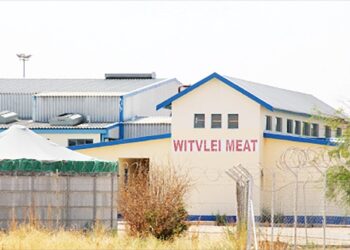
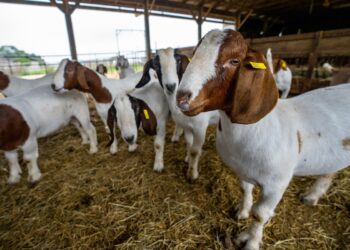
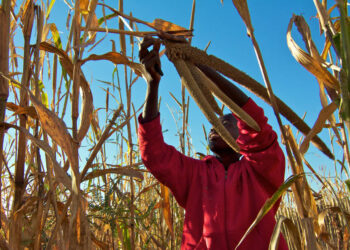

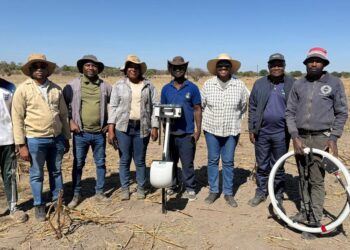
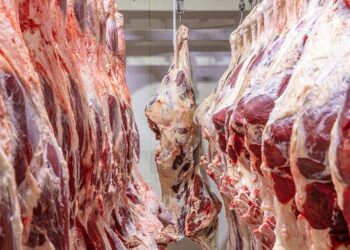


![Old Mutual Jo-Ann van Wyk, Client Relationship Consultant, Old Mutual Investment Group, Old Mutual Namibia[30] copy - The Brief | Namibia's Leading Business & Financial News Analysing investment risk inclination among Namibians](https://content.thebrief24.com/wp-content/uploads/2024/09/30112232/Old-Mutual-Jo-Ann-van-Wyk-Client-Relationship-Consultant-Old-Mutual-Investment-Group-Old-Mutual-Namibia30-copy-120x86.png)
